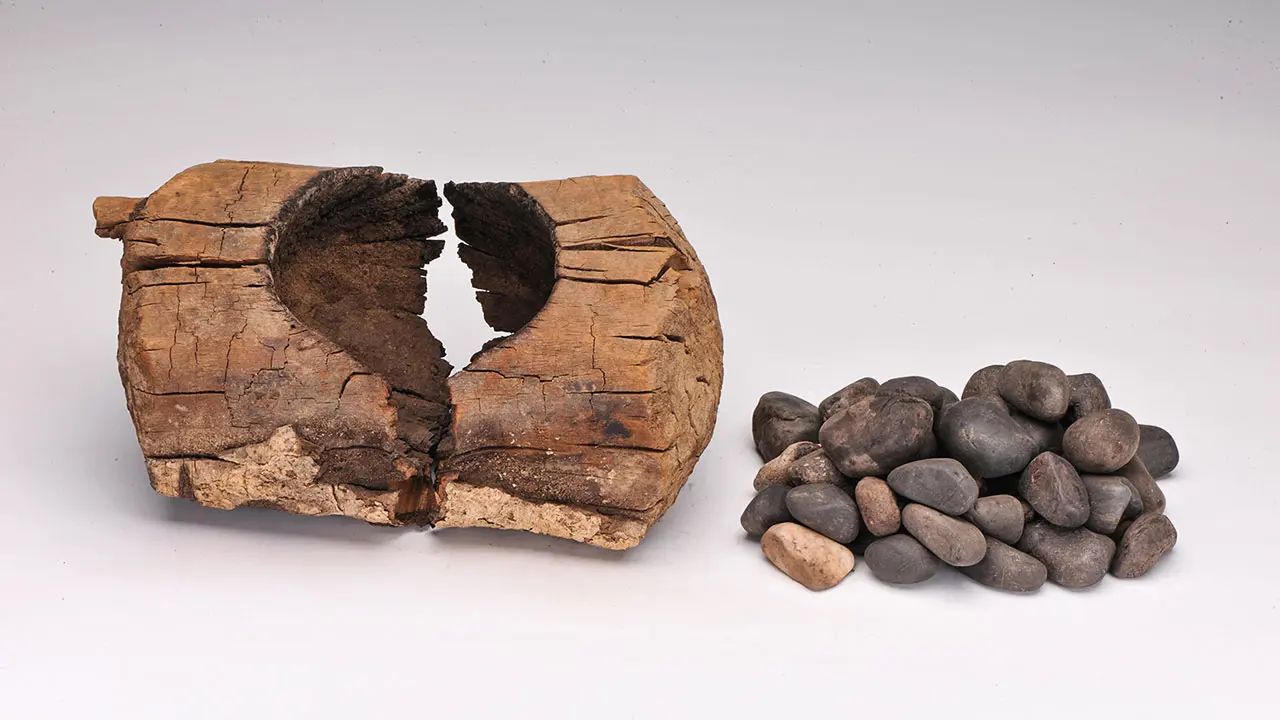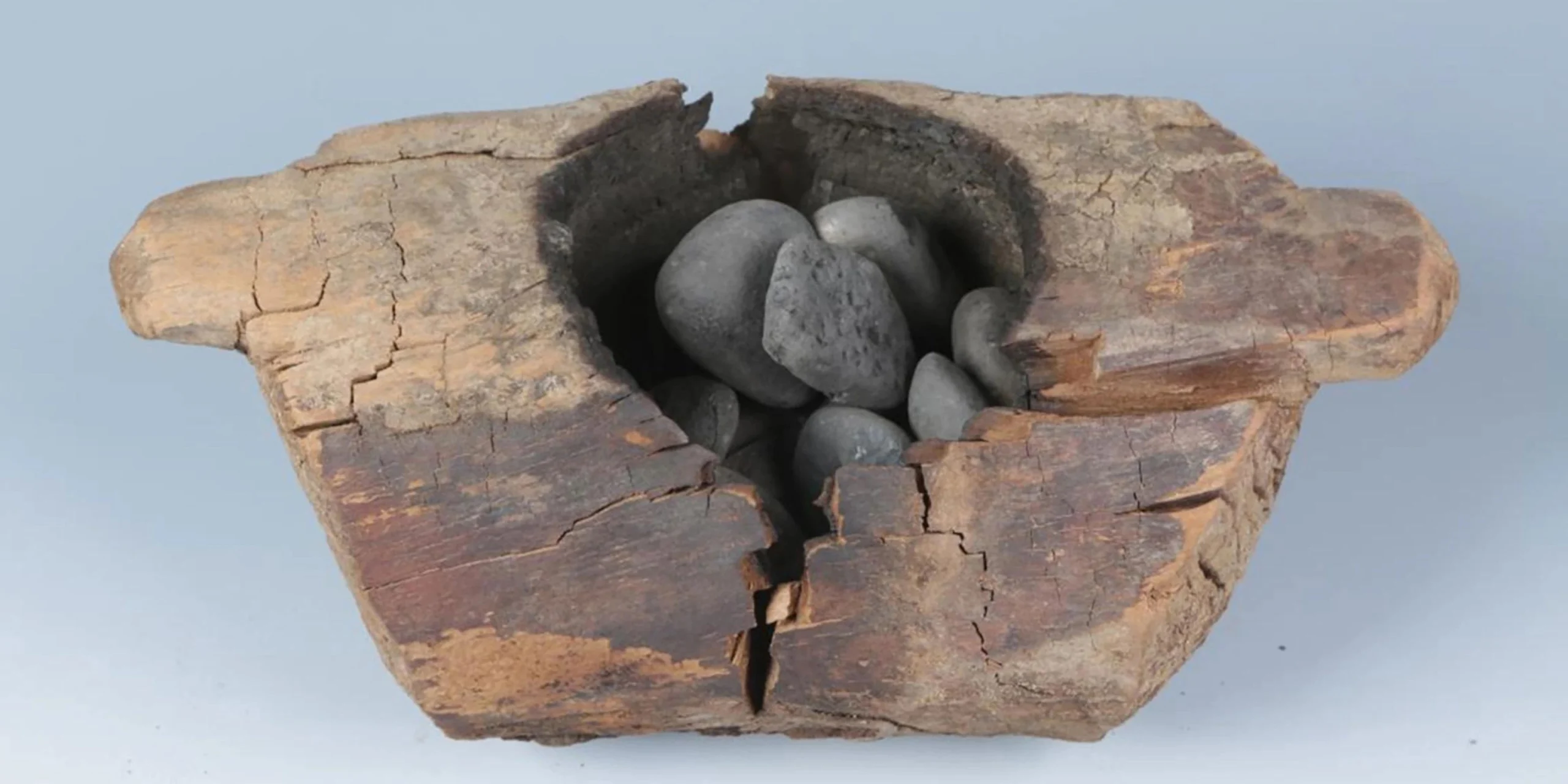Humans have been smoking weed for thousands of years, with evidence of cannabis use dating back to ancient civilizations. The history of human cannabis consumption is fascinating, and it sheds light on the long-standing relationship between humans and this plant.
The Origins of Cannabis Use
The use of cannabis can be traced back to ancient cultures such as the Egyptians, Chinese, and Indians. In fact, the earliest recorded use of cannabis comes from China around 5000 years ago. The Chinese used cannabis for both medicinal and recreational purposes, recognizing its therapeutic properties and its ability to induce relaxation.
In ancient India, cannabis was considered a sacred plant and was used in religious rituals. It was also used for its medicinal properties, with ancient texts mentioning cannabis as a treatment for various ailments. The Indian practice of using cannabis, known as ganja, spread to other parts of the world, including the Middle East and Africa.
Cannabis in Ancient Civilizations
Ancient civilizations such as the Egyptians and the Greeks also had a relationship with cannabis. The Egyptians used cannabis for medicinal purposes, and cannabis plants were found buried with mummies as a form of offering. The Greeks, on the other hand, used cannabis for recreational purposes, often mixing it with wine to create a potent drink.

During the colonial era, cannabis was introduced to the Americas. It was primarily brought to the New World by European settlers, who used it for various purposes, including textile production and medicinal use. As the use of cannabis spread, it became an integral part of many cultures, particularly in the Caribbean and Latin America.
The Modern Era of Cannabis
In the 20th century, cannabis faced increasing scrutiny and regulation due to its psychoactive properties. Many countries enacted laws to restrict its use, and it was classified as a controlled substance in many parts of the world. However, in recent years, there has been a shift in attitudes towards cannabis, with many countries legalizing its medical and recreational use.
Today, cannabis is widely used for both medicinal and recreational purposes. It is recognized for its therapeutic properties, such as pain relief and relaxation. Many countries have implemented regulations to ensure the safe use of cannabis, including age restrictions and quality control measures.
Frequently Asked Questions
- Is cannabis addictive?
- What are the potential health benefits of cannabis?
- Can cannabis be used as a medicine?
Cannabis can be habit-forming, but it is not considered physically addictive like substances such as opioids. However, some individuals may develop a psychological dependence on cannabis.
Cannabis has been shown to have various potential health benefits, including pain relief, reducing nausea and vomiting, and improving sleep. However, more research is needed to fully understand its therapeutic potential.

Yes, cannabis has been used as a medicine for centuries. It is currently used to treat conditions such as chronic pain, multiple sclerosis, and epilepsy. However, it is important to consult with a healthcare professional before using cannabis for medicinal purposes.
In Conclusion
The history of human cannabis consumption is a testament to the enduring relationship between humans and this plant. From ancient civilizations to the modern era, cannabis has played a significant role in various cultures and societies. As attitudes towards cannabis continue to evolve, it is important to approach its use with caution and respect for its potential benefits and risks.
If you want to know other articles similar to How long have humans smoked weed? a fascinating history you can visit the History category.


Related Articles